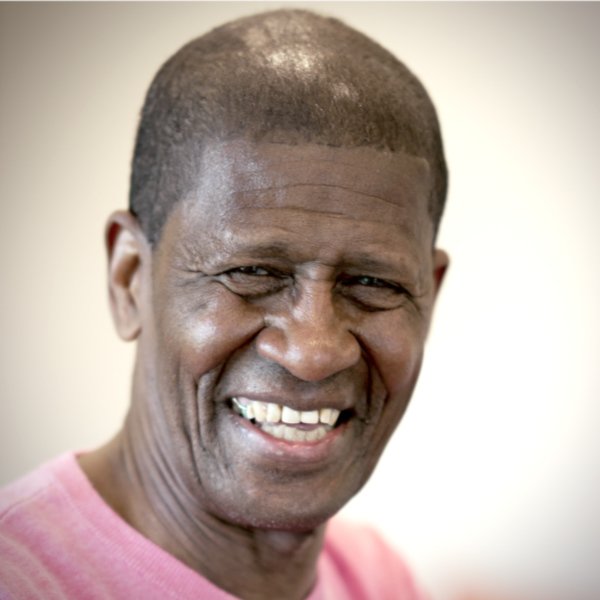"Adaptive Leadership"
/I love the writing that Ronald Heifetz has put together under the title of "Adaptive Leadership". It really squares up with my experience and observations in this field. I find Leadership to be a multi-faceted field with all sorts distinctions and nuances. Each leader has to draw on all aspects of their being to give the organization what it needs to thrive. His fundamental axiom: "Leadership is the practice of mobilising people to tackle tough challenges and thrive", goes to the heart of what I believe leadership to be about. That's why leadership development work is so important, across all levels and areas of the organization. In making his point, Heifetz talks about 3 kinds of organizational challenges that require his Adaptive Leadership approach:
- "Unsolved Dilemmas" - These are challenges that are not amenable to what Heifetz calls 'Authoritative expertise' (i.e. solutions from 'On High'). To me this about first recognising there is a persistent problem that keeps surfacing. In this situation, Leaders typically change the strategy, but often fail to uncover the underlying cause. And this is so primarily because it isn't a technical problem, but rather one that is embedded in the mindsets, culture, values, and purpose of the organization. It requires a fundamental reset that comes from having conversations that get at causes not symptoms.
- "Adaptive Challenges" - These challenges require 'Improvisational or process Expertise". This involves working towards a broader Vision, as opposed to a linear goal, utilising adaptive (flexible and experimental) skills to get there. I have sometimes worked with creative experts, like actors, to develop the awareness and skills in leaders. They have an axiom: "Accept every offer, and turn it into something good for all involved."
- "Distributed Leadership" - this when the solutions must come from many people and places. In todays complex world, this is really a no-brainer. Here leaders have to learn perhaps their most difficult lesson: to 'let go' of some of the control and involve people to get the results they want. A funny comment from one leader makes the point of how difficult this might be; "The problem is that when I let go of some of the control and involve people, they don't do what I want them to do."
